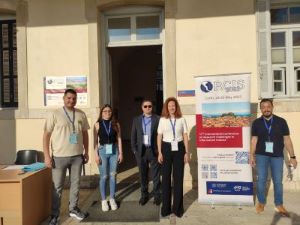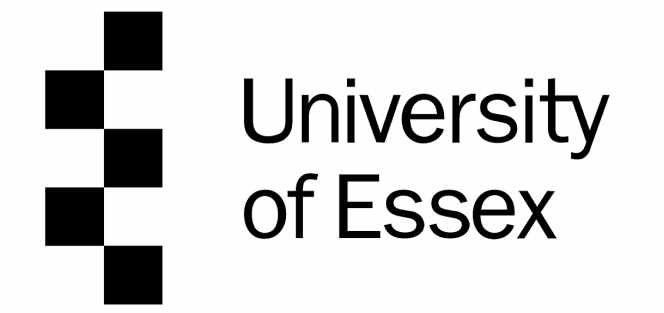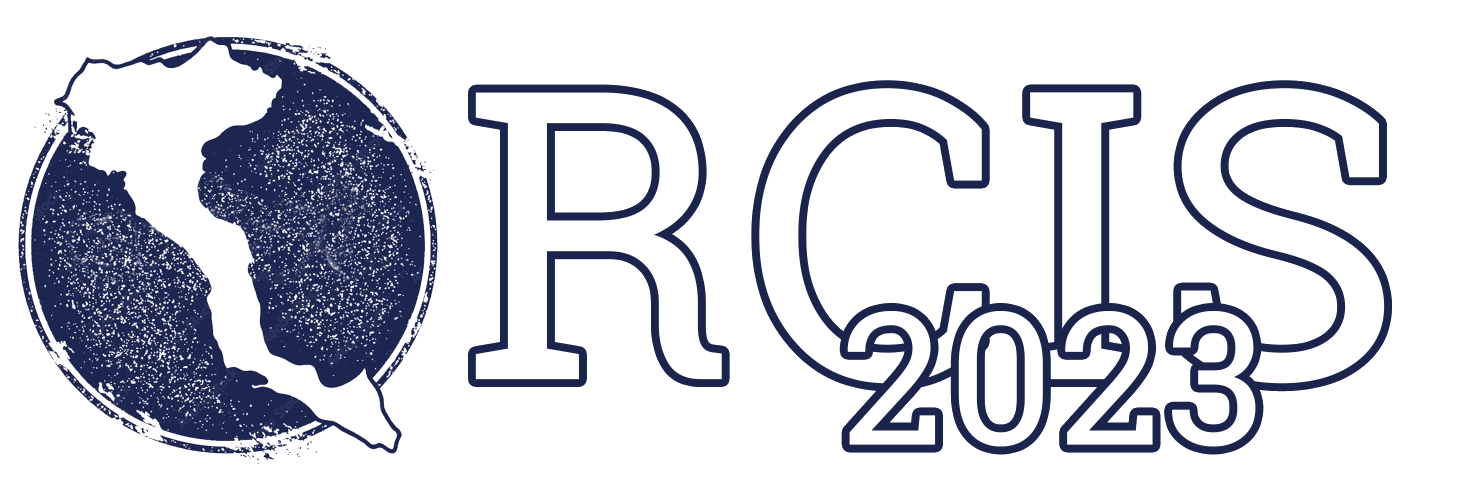Abstracts (*mandatory*): February 5th
Full Papers: February 10th
Place: Corfu, Greece. Hosting from Ionian University and NMSLab from the Department of informatics.
17th International Conference on
Research Challenges in Information Science (RCIS2023)
RCIS aims to bring together scientists, researchers, engineers and practitioners from a wide range of information science fields to provide opportunities for knowledge sharing and dissemination. The RCIS 2023 Doctoral Consortium is an opportunity for doctoral students to present, discuss and develop their research project in an interdisciplinary workshop, under the guidance of a panel of senior researchers. The Doctoral Consortium offers ample opportunities for PhD students. Firstly, the feedback received during the Doctoral Consortium will really benefit students who have defined their topic and research plan and have obtained early results, but who still have room to improve their longer-term plan. Secondly, students at all stages of their doctoral project can meet the welcoming RCIS community and widen their network of contacts.
The main scope and topics of the Doctoral Consortium are the same as those of the main conference. RCIS welcomes submissions from the whole spectrum of the information science field. The list of themes and topics includes, but is not limited to, Engineering and Testing of Information Systems, User-Oriented Approaches, Data and Information Management, Business Process Management, Domain-specific IS Engineering, Data Science, Information Infrastructures, Reflective Research and Practice, Improvements in Education.
The Doctoral Consortium has the following objectives:
- Provide a platform for students to present their work and to meet other peers and be familiar with different research topics and methods.
- Provide feedback on students' current research and guidance on future research directions.
- Promote the development of a supportive community of scholars and a spirit of collaborative research and networking.
- Contribute to the conference goals through interaction with other researchers.
The Doctoral Consortium is organised in sessions that are part of the RCIS 2023 conference programme.
| Paper submission deadline: | |
| Notification to authors and registration opening: | March 20, 2023 |
| Camera-ready paper deadline: | March 31, 2023 |
| Author registration deadline: | April 6, 2023 |
Saïd Assar,
Institut Mines Telecom Business School, France
Tanya E. Vos
Universidad Politecnica de Valencia, Spain
Interested PhD students are invited to submit papers, in agreement with their supervisors, addressing the following instructions. Please bear in mind that we are not prescribing a specific structure of sections; we just expect that you cover these topics in the paper:
- Introduce the field of research and identify the main challenges.
- Formulate the research questions and objectives, justifying why they were chosen.
- Outline the current knowledge of the problem domain, as well as the state of existing solutions.
- Sketch the research methodology and empirical research instruments (e.g., interviews, case study, controlled experiment) that are being applied and justify their convenience (in particular, why they have been chosen among other possible alternatives).
- Describe the proposed solution and the results achieved so far.
- State how the suggested solution is different from or better than existing approaches.
- Indicate the issues still to be resolved and describe the next steps that are planned.
- Reflect how you plan to follow open science principles (e.g., availability of research data, replication of studies, …).
Keep in mind that for reviewers the most important is to understand the problem you are addressing, the motivation for it, proposed solution, and the research methodology that you intend to apply.
Students should mention if they have presented their work in former Doctoral Consortia in other conferences.
Papers shall be formatted according to the Springer LNCS/LNBIP conference proceedings template (for LaTeX and Word): https://www.springer.com/gp/computer-science/lncs/conference-proceedings-guidelines. Submissions must be written in English and must be authored by the student only. The maximum length of the paper should be ten (10) pages, including references, appendices, etc.
Authors of accepted submissions will submit the camera-ready version using the same format as the initial submission (some additional instructions might be issued at this stage). The reviewers’ comments shall be taken into account in the camera-ready paper. Authors will receive information on the presentation, and how to register for the conference. There will be a discounted registration fee for Doctoral Consortium students.
The accepted papers will be published in a Springer LNBIP volume, along with the other papers accepted for RCIS 2023. This will give visibility to the work of the doctoral student and contribute to building their CV.
The submission site is https://easychair.org/conferences/?conf=rcis2023. On submission, you will be asked to select a track. Please choose the “RCIS Doctoral Consortium 2023” track.
By submitting a Doctoral Consortium paper, doctoral students commit that they will attend the conference to present their research. The appearance of a paper in the Springer proceedings is dependent on the registration of the author within the early registration deadline.
The review and decision of acceptance will be based on the opinions of at least two reviewers. Several factors will be considered, including the quality of the proposal, the clarity of the paper, and the stage within the doctoral education program. The selection process will, when possible, maximize a good coverage of the topics of the conference and diversity of participants' background, research objectives, and research methods. In case of high number of submissions, students who have not yet presented their work in other Doctoral Consortiums will be given priority.
Students will present their work to the participants with substantial time allowed for discussion and questions by participating researchers and other students. The discussion will be guided by a member of the committee of expert mentors, who will play the role of proposal discussant together with another PhD student that has been accepted at the Doctoral Consortium.
Each student will be invited to review another accepted Doctoral Consortium paper and prepare a few questions to be discussed during the consortium day. The papers will be assigned in advance such that the students will have sufficient time to review the paper and prepare their questions.
The consortium sessions will have an informal and friendly atmosphere where every participant is encouraged to be actively involved in the discussion, the core objective being to learn how to conduct excellent research, as well as provide and receive useful feedback to improve one’s work.








